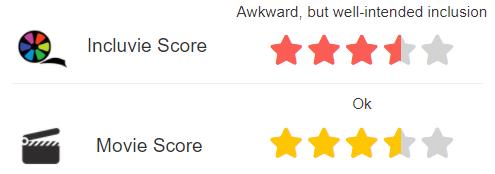9 More Women in Comedy to Watch This Women’s History Month
This list was made with the intention of celebrating the craft. I love seeing more women of colour on this list than before and more newcomers on the scene as well!


Have you ever felt nostalgia for a life you haven’t lived? For any aspiring artist, Tick, Tick… BOOM! might do that. Like disconnected shards of a half-remembered dream on a Sunday afternoon in July. An honest look at the anxiety that preys on the mind of a man turning thirty, with nothing to show for his time on this Earth during his ‘golden years’, it’s also a much-coveted look into the mind of the man who revolutionized Broadway as we know it. With some observational commentary on the AIDS epidemic and the genocide against the LGBT community in the 1990s, it’s a rock musical, a little all-over-the-place, but is extremely endearing for any fan of the musical genre.

For those unaware, Tick, Tick… BOOM! is the unfinished semi-autobiographical musical written by Jonathan Larson about his inability to become the next Stephen Sondheim, although some would say he did, even if it’s after his death. Lin-Manuel Miranda first saw the musical Tick, Tick… Boom! in 2001, and that story personally inspired him. The musical is about the week leading to Larson’s 30th birthday, during which he staged his first-ever workshop, for a dystopian rock musical he had been working on for the last eight years, and how he wrote the song which Sondheim himself had asked him to. Larson wrote this after the mentioned rock musical, but it wasn’t until 2001 that it was first performed.
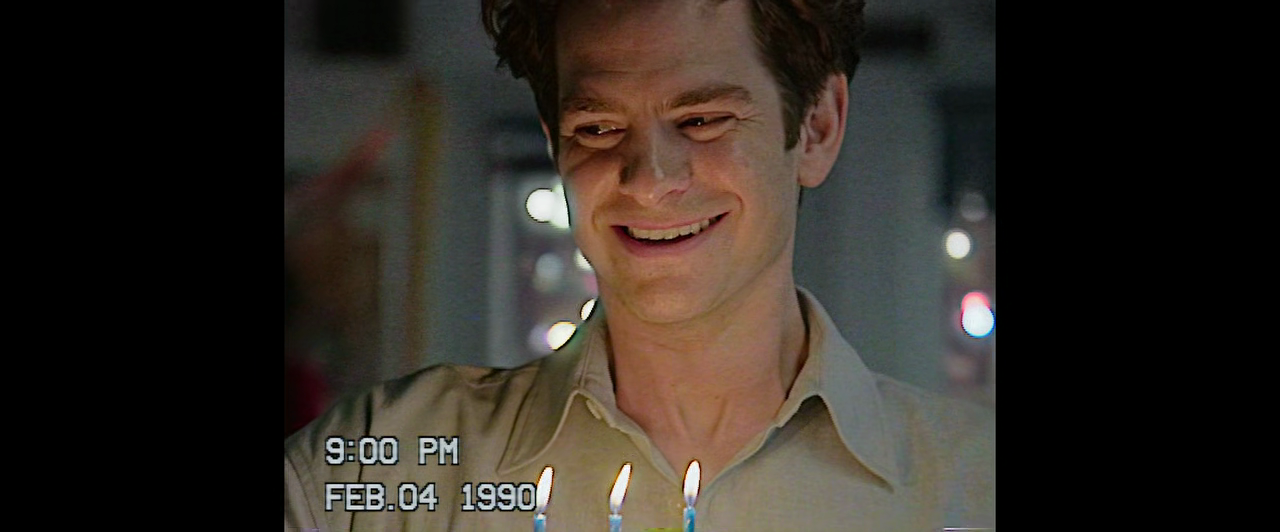
As Jonathan Larson, Andrew Garfield is literally explosive! His lanky frame is constantly in motion, bringing the vibes of the songs to life with clinical precision. The man is moody, obnoxious, talented, sad, exhausted, lively, charming, and bustling with the drama club kid energy. Garfield wears his emotions on his sleeve here, beautifully bringing to life the man’s vulnerability. The dance to the impromptu ‘Boho Days’ song, or the dramatized exasperation during the opening number as he sits at his piano, are a testament to the man’s versatility, largely under-appreciated, despite an Oscar nomination for Hacksaw Ridge. His vocal abilities are also a pleasant surprise, as he seamlessly captures the essence of every piece, with his infectiously energetic voice.
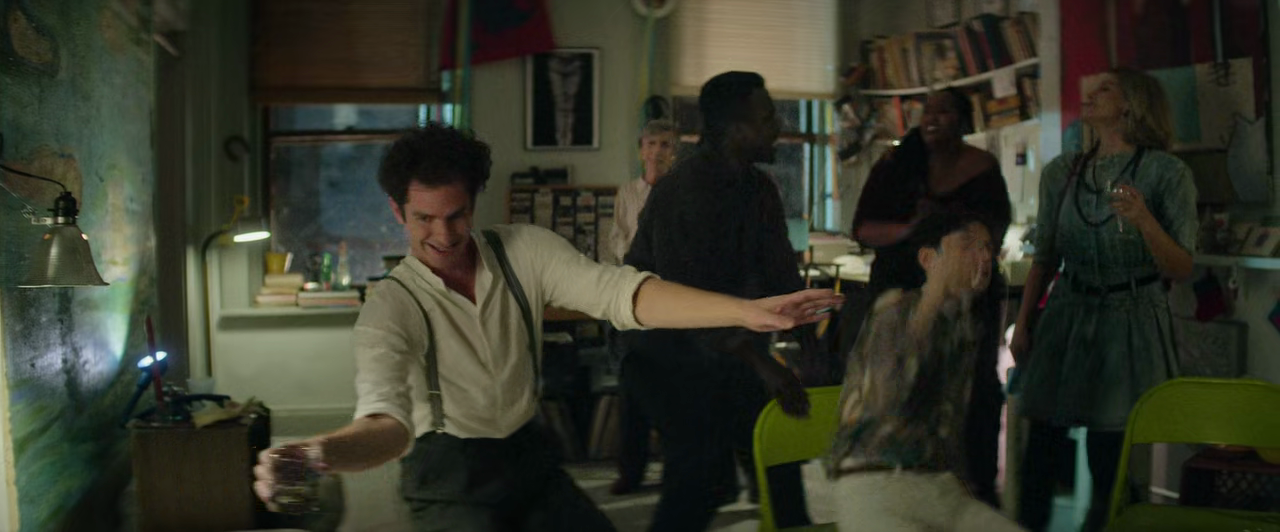
The representation of people of colour, and queer people, is an interesting aspect of Tick, Tick… BOOM! For one, their narratives are given attention, but on the other hand, a certain amount of sensitivity seems to be lacking. Jonathan’s straight privilege is addressed in a momentous monologue, but it lacks credibility because the presentation is apathetic. Jonathan Larson did have privilege as a white man, even if he struggled immensely, and never did get to see himself reach his full potential. And while Lin has focused on representation, he never tries to question the apparent narcissism in the play’s perspective. Even as an autobiography, it feels too self-indulgent as it is blissfully unaware of others’ struggles.
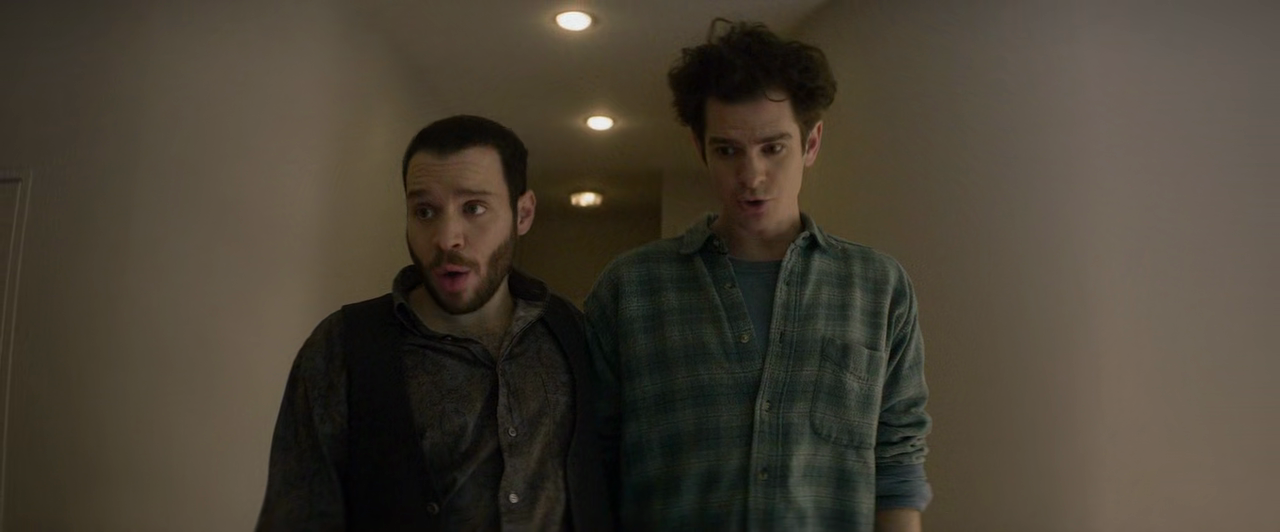
This is one major flaw in the whole affair, for that matter. Larson was an amazing artist, no doubt, and his obsession with his work does deserve to be shown. It’s actually that obsession that made the film hit so close to home for me. However, the lack of commentary on his character is honestly exhausting. We don’t question his actions because they’re motivated by his passion, and he’s obviously deserving of more. However, he is truly ignorant of his dear ones. Steven Levenson’s screenplay does have some sincerity, but there’s no follow-through. For example, there’s a moment when Larson questions his interest in completing his song when his friend is in the hospital, but the story is designed to make us root for him, even after he, quite rudely, prioritizes himself over others. He is born of the belief he’s the next Steven Sondheim, despite no indication of that from the rest of the world.

There’s nothing wrong with dedicating your existence to your art, just about surviving in every sphere of your life, and that’s why this struggling artist trope will never fail to garner sympathy. However, it feels wrong to romanticize that plight. It’s the person’s choice of course, for which we can’t crucify him, but shouldn’t we be asking why it feels fine for him to sideline the people who prioritize him? They’re endlessly supportive, and he takes that for granted, and we not only forgive him but actually celebrate him because he’s a ‘true artist’, thinking only of his art. It’s very obvious Lin idolized the man because this avenue, which criticizes him, is not even remotely explored.

Despite the celebration of a white cis-het man who clearly doesn’t deserve all the sympathy the film gives him, it’s a thoroughly engrossing watch. The story is difficult to get invested in, for those who aren’t musical enthusiasts, but Andrew Garfield ensures your eyes stay glued to the screen. Alexandra Shipp is a revelation too. She surpasses all expectations as Larson’s girlfriend, garnering quite a bit of the sympathy that I mentioned was missing for Larson’s closest ones. And then there’s the magic that you can only find in movies, for example, the surreal sequence during ‘Swimming’, where we are given a literal visualization of the moment when inspiration struck Larson.

Lin-Manuel Miranda’s career has had similar momentum as Larson, and the inspiration the former draws from the deceased wonder boy of musical theater is very clear in the direction. He loves musicals, and he loves Jonathan, and this is his love song to the man who inspired him through his own grind through his 20s. However, he gets lost in showing us how much Larson meant to him, and the editing at points feels well overdone. The format of switching between the past and the present, with the latter like the production of Tick, Tick… Boom! works well, as the balance is maintained, but the most emotionally compelling scenes, which deserve minimal camera movement, are heavily edited. Except for ‘Come To Your Senses’, the emotions are all thanks to Andrew, as the direction loses the thread. However, the presentation of lyrics on the screen is a nice touch, as is the choice of contrasting colour palettes during ‘No More’.
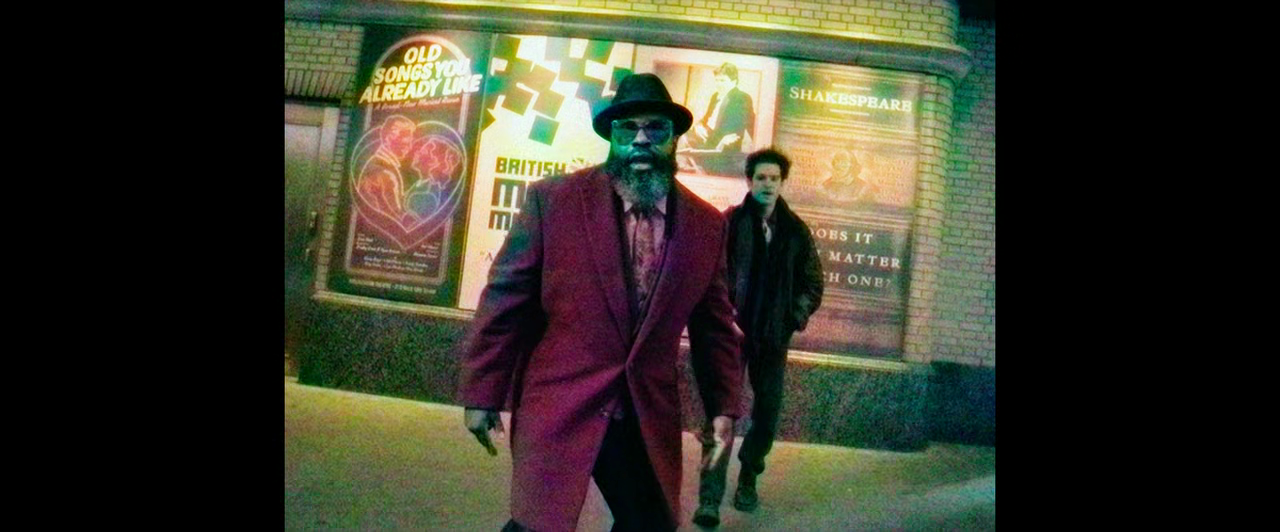
Jonathan Larson’s abilities as a songwriter need no hyping, I’m sure, with this being the musical that ran the longest on Broadway. ‘Swimming’, ‘Come To Your Senses’, ‘Louder Than Words’, and most importantly, ‘Why’, are all incredibly compelling songs. ‘Why’ is the most emotional piece in the film, and that’s one of the examples where Andrew’s superior acting skills rescue the film from honestly annoying editing. Actually, fun and meaningful as it is, the film is quite gimmicky. An actual parody hip-hop song is shown to convince us the time really is 1990. Fake footage doesn’t make anything more convincing, except for the scenes from childhood. It’s like the film isn’t convinced it’s compelling and is desperately trying to appear more sincere.
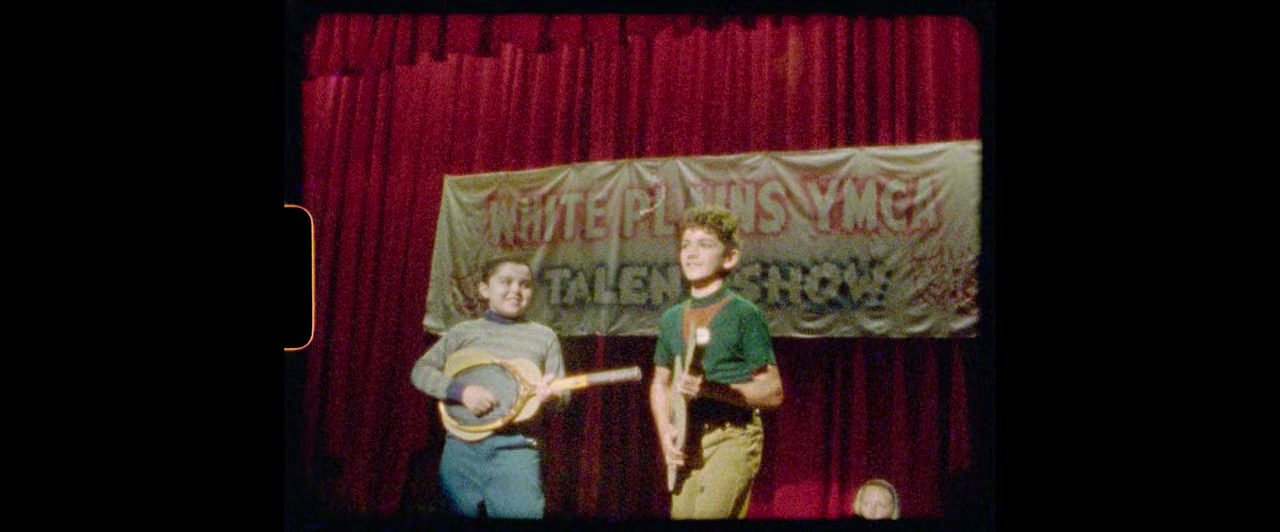
When all is said and done, Tick, Tick… BOOM! is a mediocre directorial effort, with unbelievably good acting from Andrew Garfield. Unless that is, you’re a lover of musicals, and frequent Broadway or live in artistic circles. The struggling artist’s life is endearingly presented and it’s very easy to relate to Larson as depicted here. Plus, the tick, tick concept is a very honest portrayal of anxiety. The music is an ‘eclectic’ mix, to refer to a quote from the film itself, and Sunday is basically the Avengers: Endgame moment for Broadway enthusiasts with cameos by some of the most famous performers. At its heart, it’s a fond tribute to an influential artist and thus one that can speak to everyone’s inner artist, even if it lacks the sincere commentary you may wish to see.
